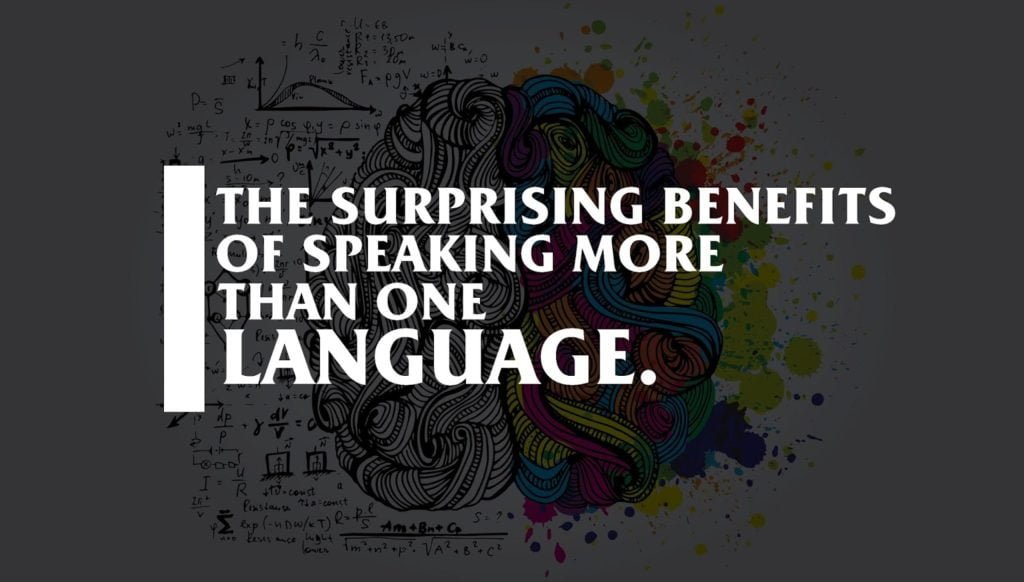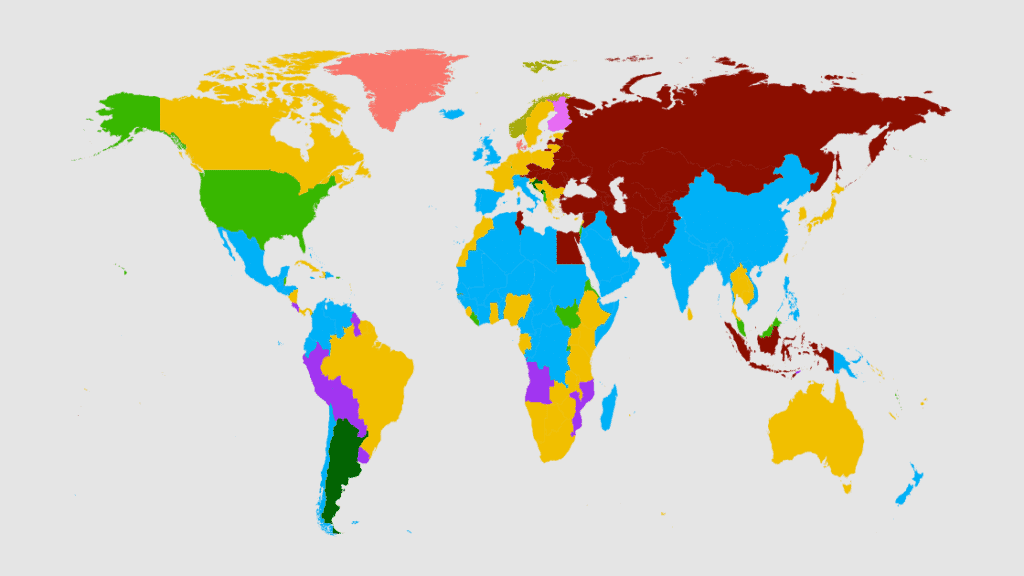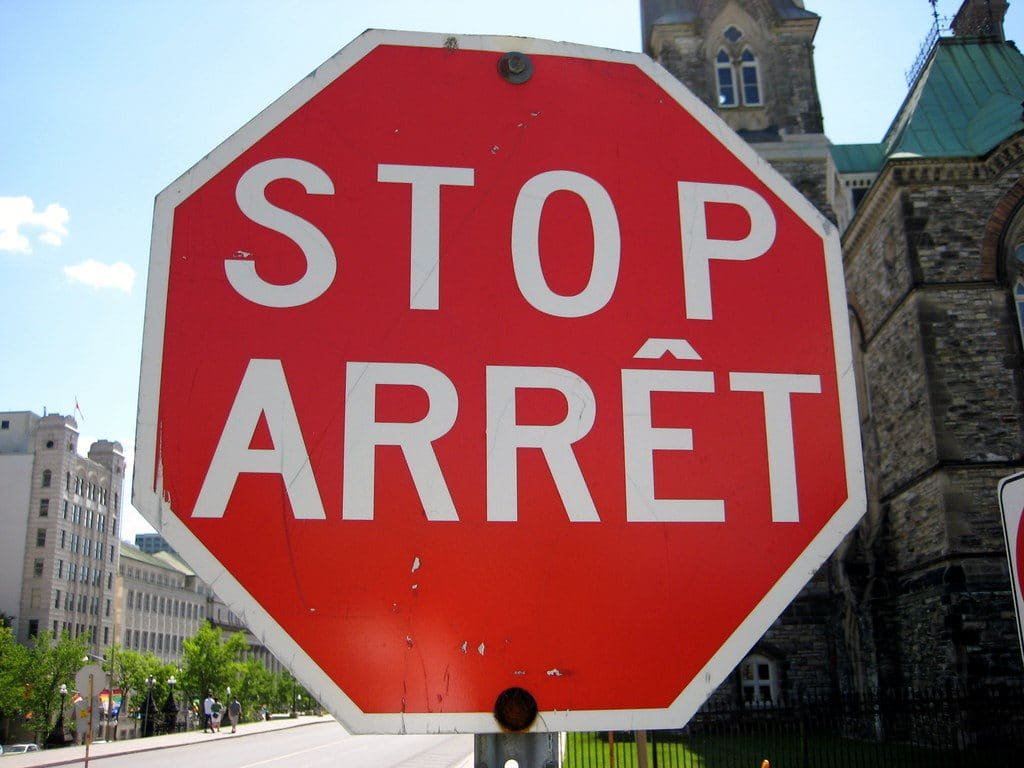As language nerds, out of frustration we sometimes turn to alcohol to soothe our language-learning nerves. It turns out, that’s exactly what you should be doing to speak that foreign tongue better, according to research.
A new study published in the Journal of Psycho-pharmacology, conducted by researchers from the University of Liverpool, Maastricht University, and King’s College London shows that bilingual speakers’ ability to speak a foreign language improved after they have consumed alcohol (in moderation).
Well, this might seem contrary to the established belief that alcohol impairs cognitive and motor functions, which include the ability to remember and pay attention. Given that these functions are important to speak a second language, we might expect that alcohol would in turn impair the ability to speak a second language. On the other hand, alcohol is known to increase self-confidence, reduces social anxiety, and lowers inhibition which makes it easier to overcome nervousness and hesitation while communicating with another person.
The aim of the study was to test these competing predictions. The experiment involved 50 native German speakers who had recently learnt Dutch at a Dutch University (Maastricht). The participants were randomized into an experimental group that consumed a moderate amount of alcohol and a control group that was given a non-alcoholic beverage. They were then asked to engage in a casual, 2-minute conversation with an experimenter in Dutch.
The conversations were then recorded and scored by native Dutch speakers who were not aware which speakers had consumed alcohol. The participants were also asked to self-rate their performance based on how they perceived their speaking fluency.
Alcohol had no effect on the participants’ self-ratings as the participants were not any more confident or pleased with their performance than those who took the non-alcoholic beverage. But it did effect their observed performance, according to the native Dutch speakers who rated their performance. Overall, the native Dutch speakers rated people in the alcohol group as having better fluency — specifically better pronunciation — than those in the control group.
The authors point out that the amount of alcohol tested in this study was low and that higher amounts could lead to opposite results. They conclude that it’s possible that a low-to-moderate dose of alcohol “reduces language anxiety” and therefore increases proficiency. “This might enable foreign language speakers to speak more fluently in the foreign language after drinking a small amount of alcohol.”







